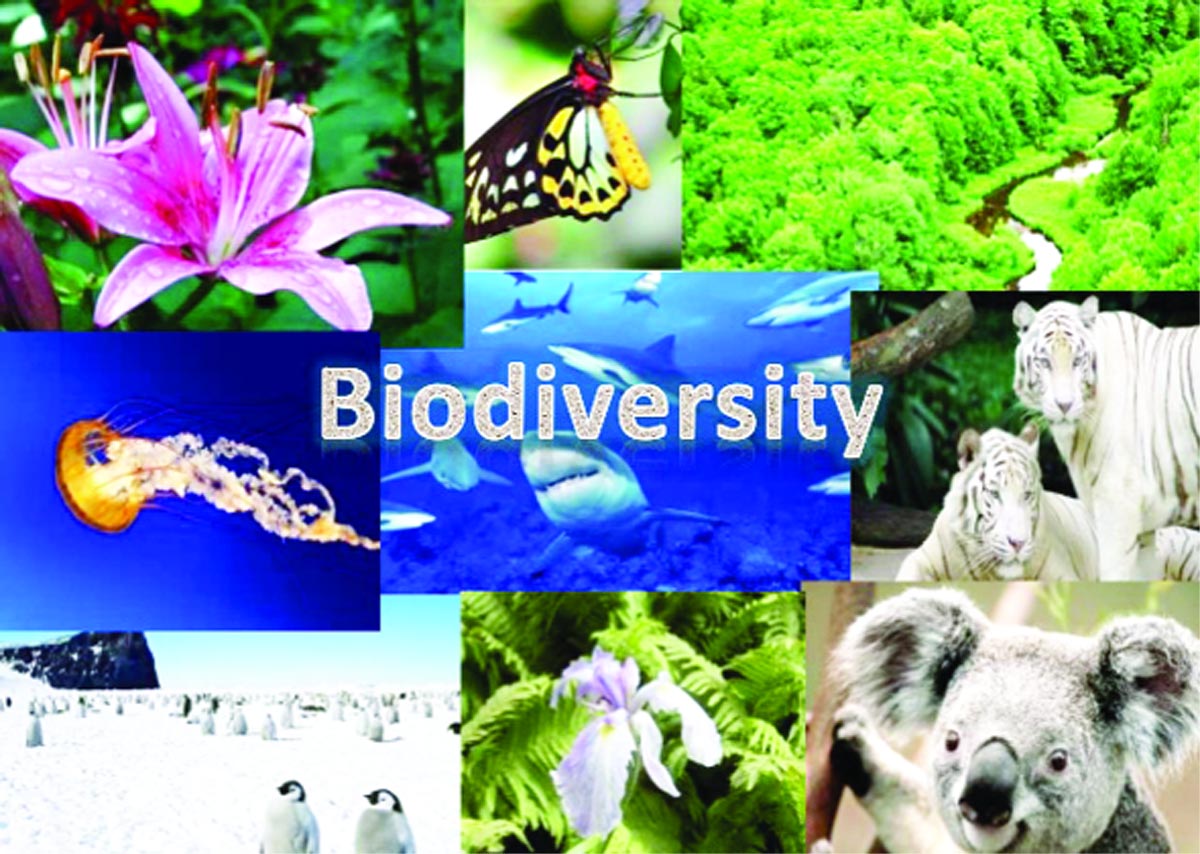Environment stakeholders collaborate to conserve Nigeria’s biodiversity

By Ojugbele Omotunde
Stakeholders in the environment sector convened in Abuja for a one-day workshop organized by the Climate and Sustainable Development Network (CSDevNet), which focuses on biodiversity conservation.
The one-day workshop which took place on Wednesday, February 21, 2024 aims at conserving Nigeria’s biodiversity and raising awareness for community-based organizations to prevent biodiversity extinction.
At the one-day workshop, Dr. Agnes Yemisi Asagbra, the Director-General of the National Biosafety Management Agency (NBMA), who was represented by Mr. Zakayo Aimas, the NBMA’s Scientific Officer, stated that the meeting is appropriate at this time when the biodiversity of the world is in danger of disappearing.
He stated that the global decline of endangered species is causing ecosystem imbalances and climate-related issues like drought, flooding, and pollution and that biosafety and modern biotechnology are complementary fields in biodiversity conservation and environmental sustainability.
He clarified that whereas biotechnology is concerned with halting the loss of biodiversity, biosafety makes sure that technological advancements do not endanger people, animals, plants, or the environment.
Asagbra emphasizes the importance of education in promoting sustainable and equitable use of biodiversity and also commends the organizers for organizing a meeting to educate Community Based Organisations and other stakeholders on biodiversity conservation.
The director-general futher emphasizes the need to incorporate biodiversity into educational programs to combat the degradation of natural resources due to a lack of awareness and understanding of biodiversity.
In order to fulfill the Sustainable Development Goals and the Convention on Biological Diversity, Dr. Rashid Mbaziirav, Executive Secretary of the African Ministers’ Council on Water, emphasized the significance of effective communication on biodiversity.
He underlined the necessity of international cooperation in the preservation of biodiversity, including programs to deepen indigenous and local knowledge.
Additionally, Mbaziirav stated that the loss of indigenous and local knowledge and the decline in sustainable traditional land use pose a threat to biodiversity and ecosystem services stating that these factors also call for the need for advocacy efforts to effectively communicate across age groups and communities and the need for an inclusive approach that actively engages all individuals.
On his own part, Steve Abuh, the National Network Coordinator for CSDevNet, stated the importance of community involvement in environmental protection and sustainable resource management while also emphasizing the urgent need to address biodiversity threats from habitat loss and climate change, which not only threatens the environment but also poses economic consequences.
